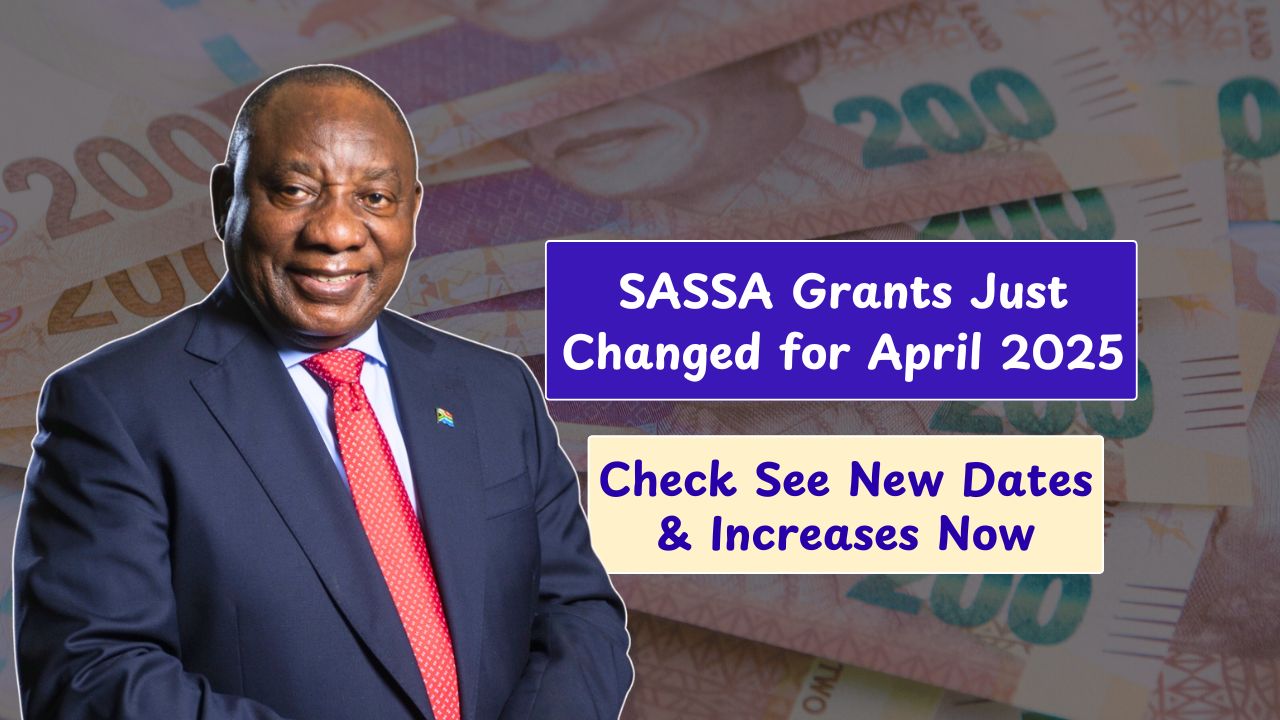If you’re receiving Social Security benefits, you know the importance of timely and accurate payments. To avoid potential overpayments and the hassle of dealing with government agencies, it’s crucial to understand when and how you’ll receive your benefits. Many believe that Social Security benefits arrive on the same day each month, much like a regular paycheck, but the truth might surprise you. Here’s what you need to know about your upcoming benefit payment.
Table of Contents
SSA Programs
The SSA manages various benefit programs beyond just retirement. These programs include:
- Retirement: You pay Social Security taxes throughout your career, and upon meeting certain conditions, you can retire and receive benefits.
- Survivor Benefits: This program provides benefits to your spouse, children, or parents if you pass away.
- Disability Benefits: If a doctor confirms a disability or if you meet the SSA’s blindness criteria, you can receive financial assistance.
- Supplemental Security Income (SSI): This program supports individuals with limited means and high risk of poverty.
Payment Methods
Your benefits are typically paid through methods that are secure, reliable, and less prone to fraud. The preferred method is direct deposit to your bank account. Alternatively, the SSA uses Electronic Benefits Transfer (EBT) cards, which function like prepaid debit cards recharged monthly by the SSA.
While direct deposit is the norm, retirees can still receive checks in exceptional cases. However, if you prefer checks, you’ll need to provide a valid reason for this preference, as the SSA generally discourages this method.
Benefits
The SSA follows a specific schedule for depositing benefits, which varies based on the program and other factors. For retirees, the payment schedule depends on two main factors:
- Start Date of Benefits: If you began receiving benefits before May 1997, you are among those who will receive payments in the coming hours. Typically, these payments are made on the third of each month. If the third falls on a weekend or holiday, the payment is moved to the preceding Friday. For example, those eligible will receive their payment on June 3, 2024.
- Birthdate: For those who started receiving benefits after May 1997, the payment schedule is based on your birthdate:
- 1st to 10th: Payments are sent on the second Wednesday of the month.
- 11th to 20th: Payments are sent on the third Wednesday of the month.
- 21st to 31st: Payments are sent on the fourth Wednesday of the month.
If a payment date falls on a holiday, funds are transferred the day before. If you haven’t received your payment within three days of the specified date, contact the SSA immediately.
Receive Your Payment
To ensure you receive your benefits on time, always check the official Social Security payment schedule for the year and mark your calendar with the dates. This proactive step helps you stay informed and prepared.
FAQs
Who will receive the Social Security payment within hours?
Individuals who started receiving benefits before May 1997 will receive their payments on the third of each month.
How are Social Security payments scheduled?
Payments are scheduled based on the recipient’s birthdate and the date they began receiving benefits.
What if my payment date falls on a holiday?
If your payment date falls on a holiday, the SSA will transfer the funds one day earlier.
How can I receive my Social Security benefits?
The preferred methods are direct deposit to your bank account or an Electronic Benefits Transfer (EBT) card. In exceptional cases, checks may be issued.
What should I do if I don’t receive my payment on time?
If you haven’t received your payment within three days of the scheduled date, contact the SSA immediately to resolve the issue.








